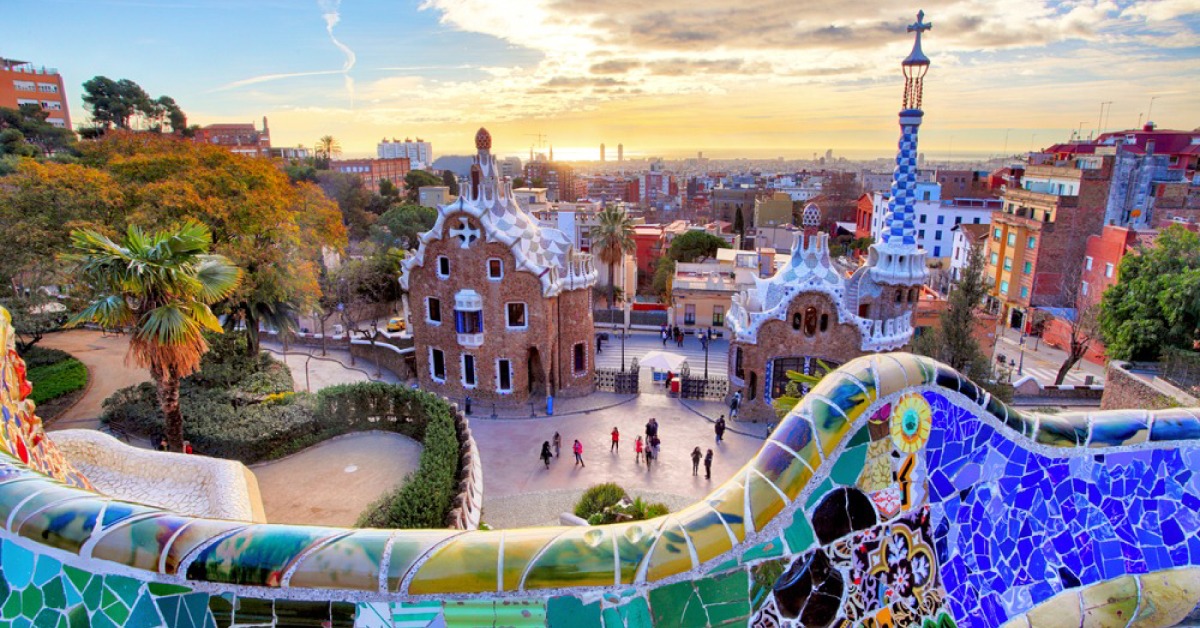
Barcelona 2026
28/06/2026 - 02/07/2026
In July 2021, the XXXIII UIA General Assembly elected Barcelona (Spain) to host the 2026 UIA World Congress of Architects.
Barcelona will become the first city to host the event twice. The institutions working on its organisation consider this an opportunity to rethink and update formats and themes in a global context of change. For this reason, the Congress organiser decided to submit, for the first time in the history of UIA Congresses, the general commissioning of the event to an international selection process via a two-stage competition. The aim of this international competition was to provide an incentive to broaden the horizons of this collective reflection and thus organise a Congress of maximum relevance and interest to the global community of architects.
The winning team, selected as the General Commissioners of the Barcelona Congress, have developed the theme “Becoming. Architectures for a planet in transition”, which will analyse the capacity of architecture to transform reality in time.
The theme will branch into six lines of research, curated by both the commissioners and an extensive and international group of invited collaborators; their conclusions will be presented throughout the Congress:
- BECOMING BEYOND-HUMAN: How can we stimulate greater awareness and action to care for human and non-human planetary coexistence?
- BECOMING ATTUNED: What forms of meaning, ethics, and aesthetics can we incorporate into our daily professional practice?
- BECOMING EMBODIED: How can we incorporate our values and desires in the transition from matter to constructive beauty?
- BECOMING INTERDEPENDENT: How can we include conflict, empathy, solidarity, and caring as key factors to improve interpersonal and civic relations?
- BECOMING HYPER-CONSCIOUS: What tools and actions should we harness in order to become hyper-aware of our environment and catalyse change in our way of living?
- BECOMING CIRCULAR: What will territorial production and reproduction look like, taking into account the post-extractivist and proximity policies of circularity.
Visit the official website of UIA 2026 here: www.uia2026bcn.org